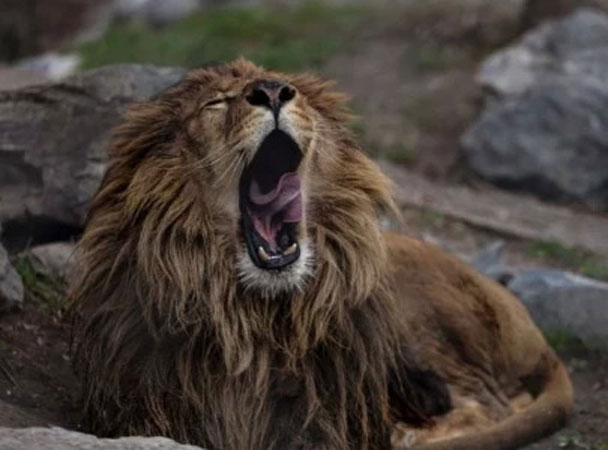Punjab Takes Bold Steps to Regulate Private Ownership of Dangerous Big Cats
In a significant move aimed at managing the population of dangerous wild animals in private hands, the Punjab government has announced a comprehensive plan to control the ownership of lions, tigers, leopards, and other big cats. This initiative is part of a broader effort to ensure public safety and promote responsible wildlife management.
The provincial authorities have introduced a multi-phase regulatory framework that includes sterilization, strict licensing, and a ban on commercial trade. The goal is to prevent the uncontrolled breeding of these animals and reduce the risks associated with their presence in urban areas.
Phased Regulatory Approach
The initiative is being implemented in four distinct phases. Phase 1 involves the registration of all big cats in private possession. Owners were given a deadline of May 2 to declare their animals. So far, 180 registered wildlife breeding farms have submitted their declarations, with verification processes currently underway. Out of these, 40 facilities have been confirmed as compliant.
Phase 2 focuses on ensuring that all registered breeding farms meet the required standards under the Punjab Wildlife Act. These farms have been given a one-month period to improve their infrastructure to align with official guidelines.
Phase 3 will introduce a complete ban on the trade of big cats, while Phase 4 will involve the sterilization of lions, tigers, and leopards to prevent further uncontrolled breeding. This step is crucial in curbing the proliferation of these animals in private settings.
Enforcement and Compliance Measures
Enforcement efforts are already underway to address illegal possession. To date, 18 big cats have been confiscated from unregistered premises, and seven First Information Reports (FIRs) have been filed. Eight individuals have been arrested for violating the regulations.
Wildlife officials have emphasized that no lions, tigers, or similar dangerous animals will be allowed in urban areas, housing societies, or residential neighborhoods. Only those breeding farms that meet the legal requirements under the Punjab Wildlife Act will be permitted to keep big cats.
The standard operating procedures (SOPs) clearly outline specific enclosure sizes, space requirements, and safety protocols. Additionally, a registration fee of Rs. 50,000 per big cat will be charged, with mandatory annual renewals to ensure ongoing compliance.
Relocation of Seized Animals
Animals that have been seized have been relocated to designated facilities in Lahore, Rawalpindi, and Bahawalpur. These centers are equipped to provide proper care and housing for the rescued animals.
Expert Endorsement
Wildlife conservationist and former chairman of the Punjab Forestry & Wildlife Task Force, Badr Munir, has welcomed the initiative. He highlighted that in most parts of the world, dangerous animals are not kept as pets in residential homes. However, in Pakistan, it has become a peculiar status symbol, with people driving around with big cats and posting videos on social media platforms like TikTok.
Munir pointed out that such practices can lead to dangerous situations when animals escape or attack. He stressed that big cats should only be housed in zoos, wildlife parks, or registered breeding facilities. “Dangerous animals must never be allowed in populated neighborhoods,” he said. “The new regulations introduced by Punjab Wildlife must be enforced without exception.”
Broader Implications
This sweeping regulatory campaign is part of Punjab’s broader efforts to strengthen wildlife governance and ensure public safety. By implementing strict controls on the ownership and breeding of big cats, the province aims to create a safer environment for both humans and wildlife.
The initiative reflects a growing awareness of the need to balance conservation with public welfare. As the regulations take effect, the focus will remain on enforcing compliance, protecting communities, and preserving the natural heritage of the region.







